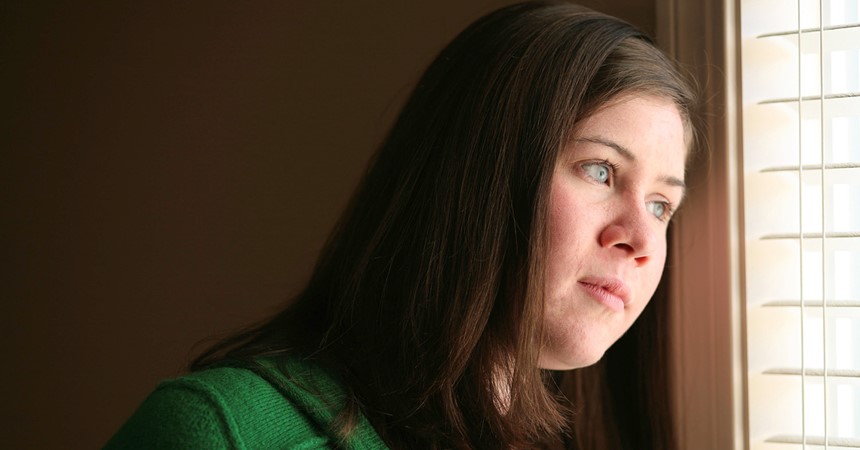October is Mental Health Month and an opportunity to put the spotlight on mental health and mental illness. Some days I think we are making great progress, but we still have a long way to go.
After a decade of effort to increase awareness and knowledge about mental illness, some people still return to work following an episode of mental illness to silence and averted gazes.
Some family and friends of those living with a mental illness still sit at home with no one to talk to about how they are coping, while we readily cook for, and check in on, our friends with a sick child.
And we still have men and women of all ages who know that what they are thinking and feeling may be caused by mental illness but feel unable to reach out for the help they need. Being mentally healthy and living well is important to each one of us – whether we are living with a mental illness or not. It’s about enjoying life and fulfilling our potential. It’s having the ability to cope with stresses and sadness, and it’s about being connected to those around us.
We all know that to keep a car going, we have to fill it with petrol, check the oil and water regularly and give the tyres some air. To see a bank balance grow, we need to make steady deposits. But how often do we take the time to reflect on whether we are giving ourselves what we need to flourish and live well?
It can be so easy for us to take our mental health for granted; to prioritise other things; to put it off until next week. It can also seem too big and too hard. But it’s not. There are some things everyone can do. What better time than Mental Health Month to give them a go?
- Get enough sleep and rest. Sleep affects our physical and mental health, but can be the first thing we trade in when we get busy or stressed.
- Take time out for things you enjoy. Balance in life is important, so taking time out for things you enjoy can make a difference to how you think and feel.
- Be active and eat well. Our physical and mental health is closely linked, so exercise and nutritious food every day can make us feel better.
- Nurture relationships and connect with others. Our connection to others is what builds us up and keeps us strong.
- Learn to manage stress. If you have trouble winding down or managing thoughts you may find relaxation, yoga or recording your feelings in writing, helpful.
- Get involved and join in. Being part of a group with common interests provides a sense of belonging so find out about local sporting, music, volunteer or community groups.
- Build your confidence. Learning improves your mental fitness and taking on a new challenge can build confidence and give you a sense of achievement.
- Be comfortable in your own skin. Everyone is unique and should be celebrated. Know who you are and what makes you happy.
- Set realistic goals and deal with tasks one at a time. It is good to be specific when you set a goal to help keep you on track.
- Reach out for help when you need it. Everyone needs support from time to time. Talking to a family member, a friend, your doctor or one of the many services available can make all the difference.
Mental health and wellbeing are important to individuals, families, schools, workplaces and communities. There is a role for each of us. So, what will you do differently this month?
For further information about mental health and wellbeing, please visit:
- Hunter Institute of Mental Health - himh.org.au
- For young people - headspace.org.au
- For information about mental illness and living well, SANE Australia - sane.org.au or beyondblue.org.au
Jaelea Skehan is the director of the Hunter Institute of Mental Health.























































































